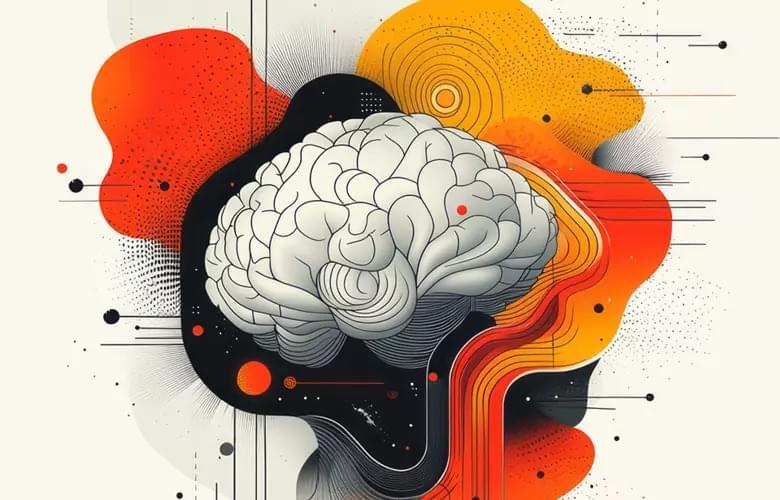In the early 20th century, the mathematician Godel showed that any mathematical system is incomplete, using a version of the self-referential paradox: ‘this sentence is not true’. Here, neuroscientist and philosopher, Erik Hoel, argues this incompleteness extends to the scientific project as a whole; in part due to science’s reliance on mathematics. More radically, Hoel argues, this incompleteness of science may account for why we can’t find scientific evidence for consciousness anywhere in the world.
Let’s say you lived in a universe where you really were some sort of incarnated soul in a corporeal body. Or some sort of agent from a vaster reality embedded in a simulation (depending on definitions, the two scenarios might not be that different). What would the science in such a dualistic universe look like?
Sign up to get exclusive access.
